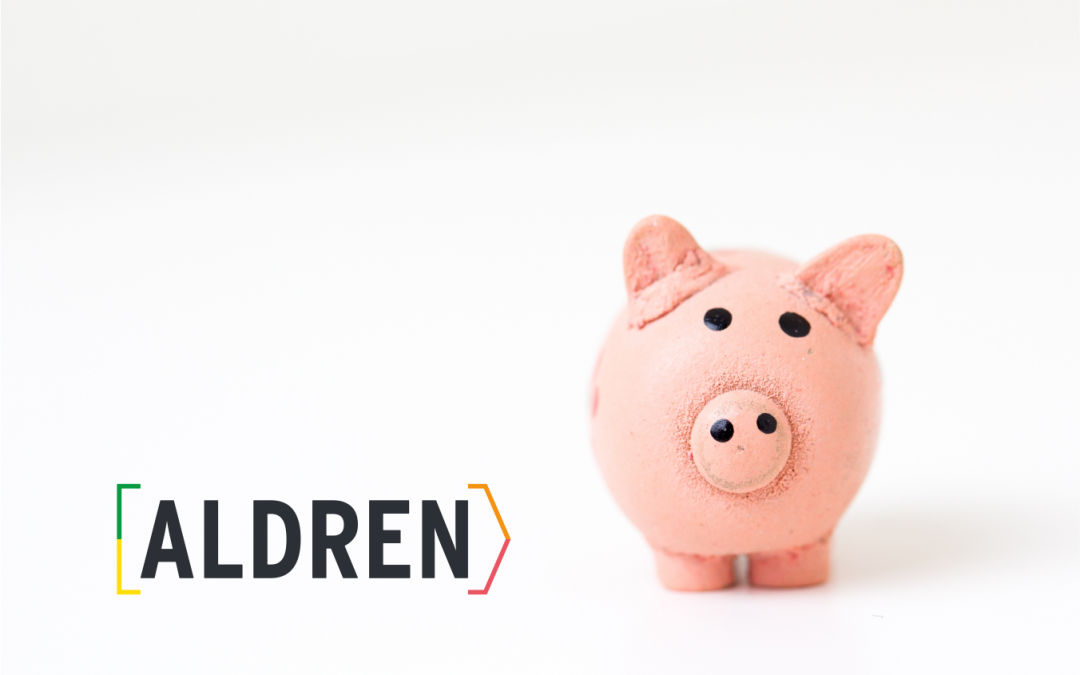Current levels of investment are insufficient to deliver on the Union’s energy objectives for 2030. Estimates suggest that around €100 billion need to be invested annually in the EU to achieve Europe’s 2020 energy efficiency targets – mostly in buildings (source: Energy Efficiency Financial Institutions Group Report: “Energy Efficiency – the first fuel for the EU Economy. How to drive new finance for energy efficiency investments”, February 2015). At present, annual investments are below half of these requirements. Highlighting financial benefits of deep renovation could help mobilize further investment and improve market financing conditions.
One of the main barriers hindering deep energy renovation stems from a gap existing between an engineer’s approach of sustainability topics in buildings and a financial analyst’s understanding of real estate assets. On the one hand, there is a growing awareness that energy, health and comfort performance is relevant for the protection of assets value (IIGCC). On the other hand, sustainability information remains underexploited in multi-year plan provision, financial valuation and asset risks appraisal. To bridge this gap, ALDREN project proposes a methodology to link EVC indicators to economic and financial indicators so as to better highlight financial benefits of energy, health and comfort upgrades in terms of asset value and risk protection.
The methodology proposed consists in additional financial indicators to be added in the building passport and EVC as well as guidance on how to calculate these indicators and how to use all this information to better integrate energy, health and comfort topics into financial valuation, risk appraisal and renovation decisions. The scope is set beyond energy and costs savings which only reflect a narrow view of the financial benefits with sometimes low expected return of investment (ROIs) and long payback periods. It also encompasses to long term risks mitigation and the impact on financial value.
This choice is aligned with recommendations from EU high level expert group on sustainable finance stating: “Energy efficiency investments affect the value of a building, industrial facility or other infrastructure by more than just the present value of the expected energy savings. A process to provide guidance to financial institutions on the identification and measurement of these multiple value streams would help de-risk energy efficiency.” (Final report 2018, p59).


Recent Comments